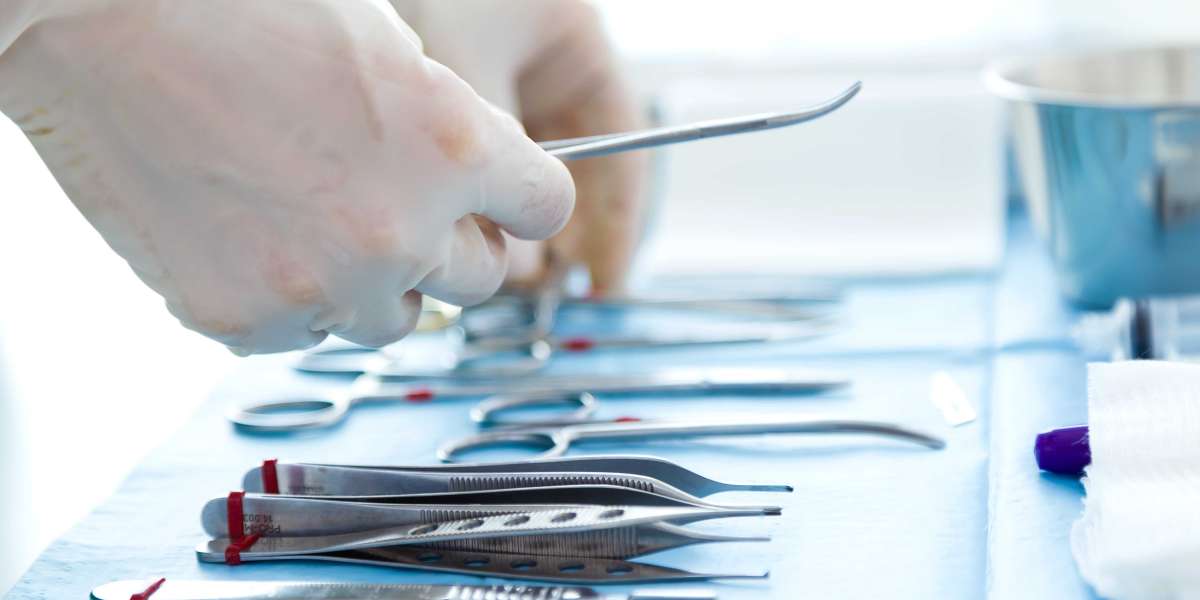In the fast-paced world of dental practice, maintaining the quality of your instruments is essential for providing optimal patient care. Among these instruments, dental scissors play a vital role in various procedures, from suturing to delicate soft-tissue work. Proper maintenance not only ensures the longevity of these scissors but also enhances their performance and safety. Here are five key tips to extend the life of your dental scissors.
1. Regular Cleaning and Sterilization
The first step in maintaining dental scissors is to ensure they are cleaned and sterilized after each use. Blood, tissue, and debris can accumulate on the blades and handles, leading to corrosion and decreased functionality. Follow these steps:
- Clean Immediately After Use: Rinse the scissors under running water to remove any debris. Use a soft brush if necessary to clean hard-to-reach areas.
- Use Appropriate Cleaning Solutions: Utilize enzymatic cleaners designed for dental instruments. Avoid abrasive materials that can scratch the surface.
- Sterilize Properly: After cleaning, sterilize your scissors according to your dental practice's protocols, typically using an autoclave or chemical sterilization. Ensure the scissors are dry before storing them to prevent rust.
2. Regular Inspection
Regular inspections are crucial for identifying any signs of wear or damage. Inspect your dental scissors before each use and periodically throughout your practice. Look for:
- Dull Blades: Dull blades can lead to tissue damage and increased strain during use. If the scissors struggle to cut, it may be time for sharpening.
- Loose Screws or Joints: Check for any signs of looseness in the pivot or joints. Tighten screws as needed to maintain proper function.
- Corrosion or Rust: Regularly inspect for signs of corrosion or rust, which can compromise the integrity of the scissors.
3. Proper Sharpening Techniques
Maintaining sharp blades is crucial for effective and precise cutting. Dull scissors can lead to increased hand fatigue and tissue trauma. Here’s how to keep them sharp:
- Use a Professional Sharpening Service: While some practitioners may choose to sharpen their own instruments, it’s often best to seek professional sharpening services to ensure precision and maintain the integrity of the blades.
- Avoid Over-Sharpening: Regular sharpening is essential, but over-sharpening can damage the blades. Aim for a balance between maintaining sharpness and preserving the scissors' lifespan.
4. Safe Storage Practices
How you store your dental scissors can significantly impact their longevity. Proper storage helps prevent damage and ensures they are ready for use. Consider the following:
- Use Protective Cases: Store scissors in protective cases or sheaths to prevent accidental damage and maintain their sharpness.
- Keep in a Designated Area: Have a specific area for your dental scissors in your instrument tray or cabinet. This reduces the risk of misplacing them or accidentally damaging them with other dental instruments.
- Avoid Clutter: A clutter-free workspace helps prevent accidental contact with hard surfaces or other tools that may dull or damage the scissors.
5. Follow Manufacturer Guidelines
Every brand of dental scissors may have specific maintenance guidelines based on their design and materials. Familiarize yourself with the manufacturer's instructions for care and maintenance:
- Read the Manual: Ensure you understand any specific recommendations regarding cleaning, sterilization, and storage.
- Adhere to Warranty Conditions: Following maintenance guidelines is essential to maintain warranties and ensure that you’re using the scissors as intended.
Conclusion
Investing time in the proper maintenance of your dental scissors is crucial for ensuring their longevity and performance. By regularly cleaning and sterilizing, inspecting for wear, sharpening when needed, practicing safe storage, and following manufacturer guidelines, dental professionals can extend the life of their instruments. This not only improves the quality of care provided to patients but also enhances the overall efficiency of your practice.
Remember, well-maintained dental scissors are an investment in your practice's success, contributing to better clinical outcomes and higher patient satisfaction. Just like choosing the best pet insurance in California can provide peace of mind for pet owners, proper maintenance of your tools offers assurance for dental professionals. Take the time to care for your tools, and they will serve you well for years to come!
Hash Tags: #Dental Scissor Maintenance, #Dental Instruments, # Dental Practice, #Professional Dental Kit, #Dental Patient, #Patient Health











